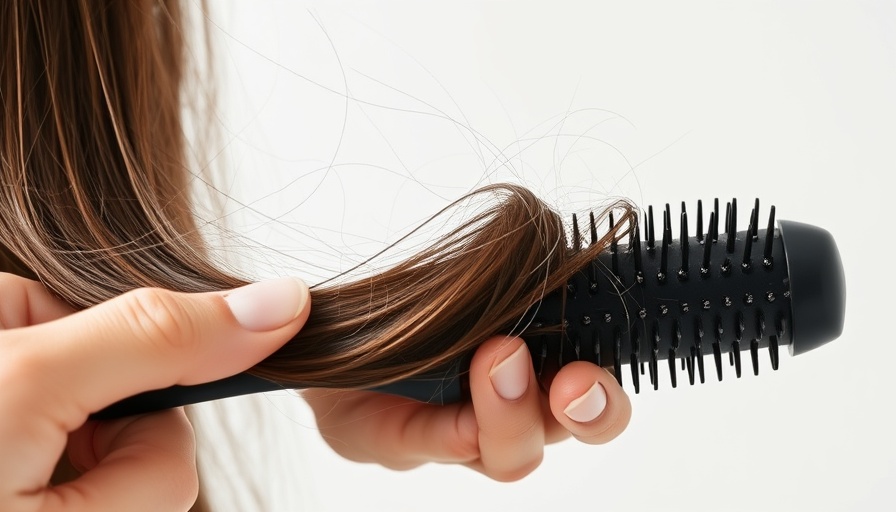
Kombucha: elixir or poison?
Kombucha has stormed the health scene, touted as a miraculous drink with benefits ranging from boosting energy to curing cancers. But as more people sip on this fizzy fermented tea, the underlying truth remains murky. Is it a health hero or a hidden hazard?
The dark side of kombucha
Drinking kombucha may present serious risks. In some documented cases, individuals have experienced acute health crises after indulging in this trendy beverage. A young man suffered an acidotic coma, raising alarms about the potential for lactic acidosis—a life-threatening condition often linked with kombucha consumption. These rare but alarming cases include severe liver dysfunction and autoimmune responses that can lead to emergency medical interventions.
Potential health benefits: reality or myth?
The claims surrounding kombucha are often extravagant. Proponents hail it as a remedy for everything from digestive issues to wrinkles vanishing. But where's the scientific backing? Most studies are anecdotal or archival, dating back to earlier decades but failing to stand up to rigorous scrutiny. A systematic review found no substantial clinical trials to support any of kombucha's purported benefits. If claims are based on outdated or unreliable sources, then the health benefits might be more hype than reality.
Contamination and quality control
As a fermented drink, kombucha is subject to the whims of its environment. Uncontrolled fermentation can lead to the development of unexpected toxins. If a batch goes awry, it can cause more harm than anticipated—think about cases where users reported symptoms like dizziness, nausea, and severe metabolic disturbances. This unpredictability raises a crucial question: how can kombucha lovers ensure they’re sipping a safe blend?
Alternative health beverages: exploration and consequences
If you're hesitant about kombucha, the market is brimming with alternatives. Fermented drinks such as kefir or traditional ginger beer offer probiotic benefits without the same level of risk. These alternatives also come with a track record of beneficial properties that are more extensively studied. Exploring safer options might be the key to enjoying gut health benefits without the fear of dire consequences.
What’s next for kombucha enthusiasts?
As the kombucha craze continues, consumers must exercise caution. Stay informed about the potential risks. If you’re still keen on enjoying these fermented delights, keep an eye on reputable sources. Choosing brands with transparency about fermentation practices can reduce the chance of accidental contamination.
Empower yourself with knowledge
Being a conscious consumer involves making informed choices. Researching the beverages you consume, scrutinizing their claims, and understanding the ingredients transforms you from a passive drinker to an empowered health advocate. So… will you knowledgeably engage with kombucha or let it go? The choice is yours.
 Add Row
Add Row  Add
Add 




Write A Comment